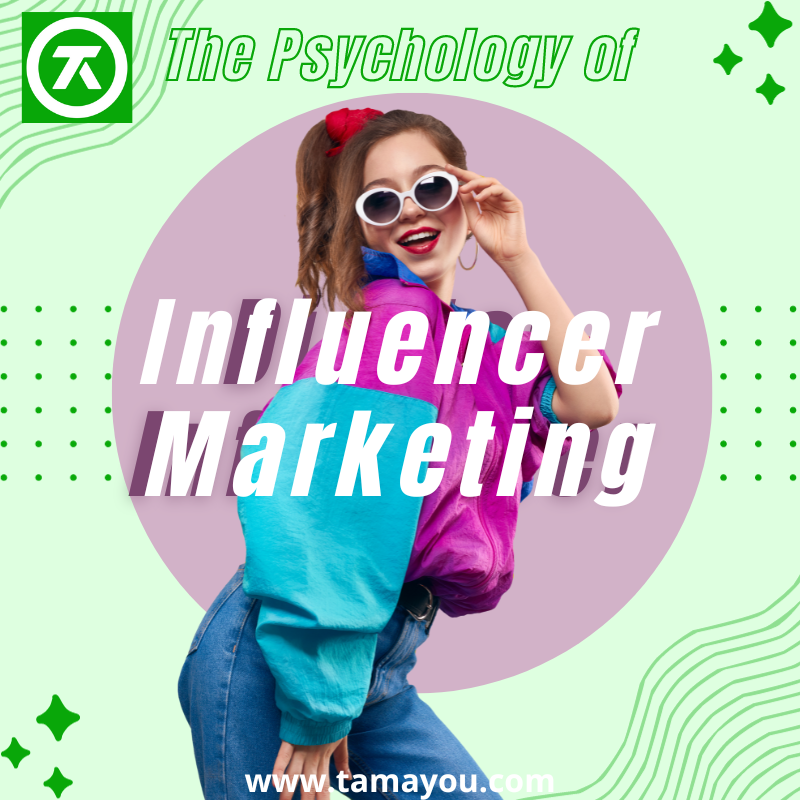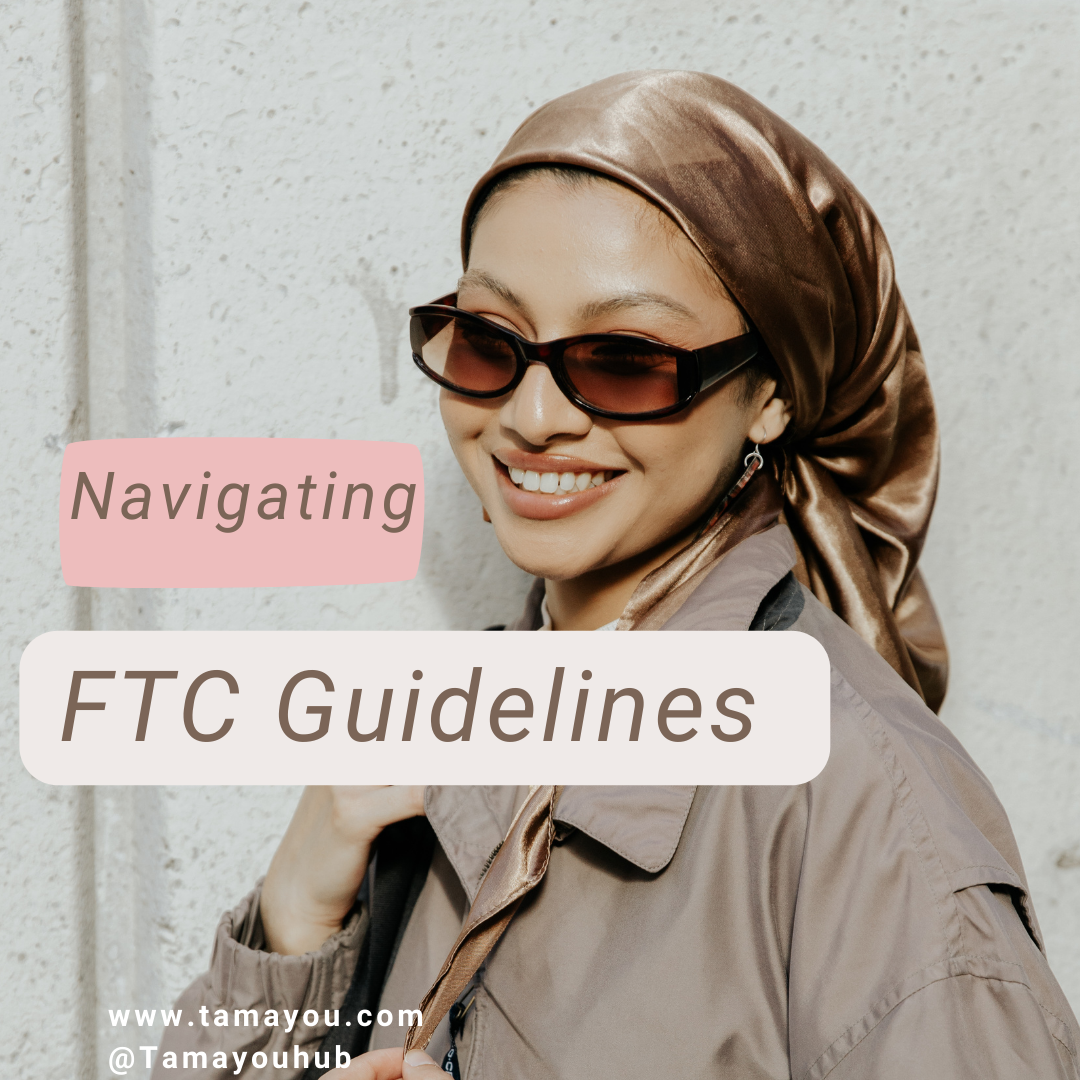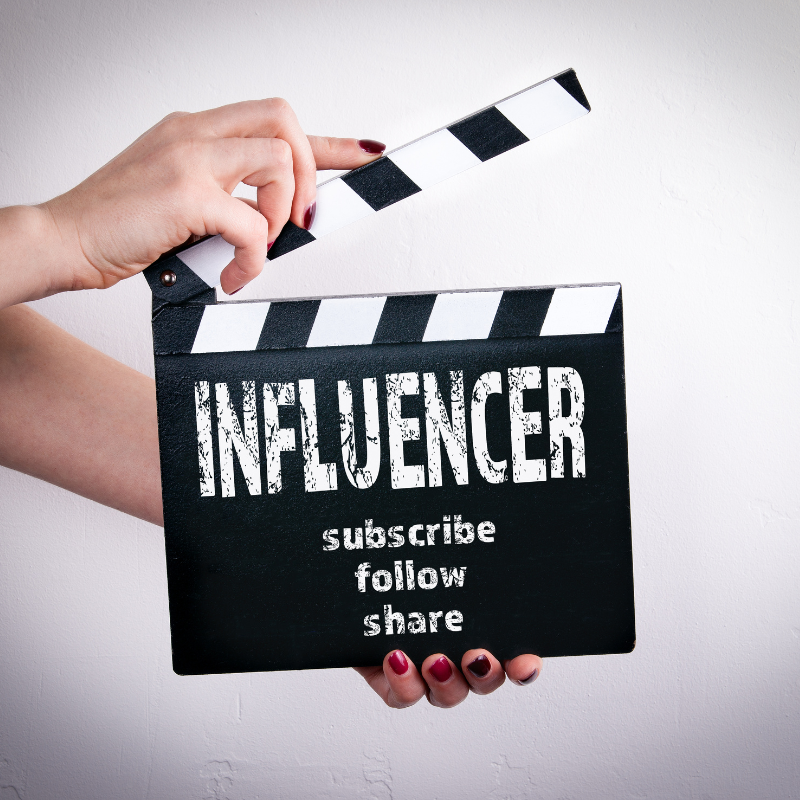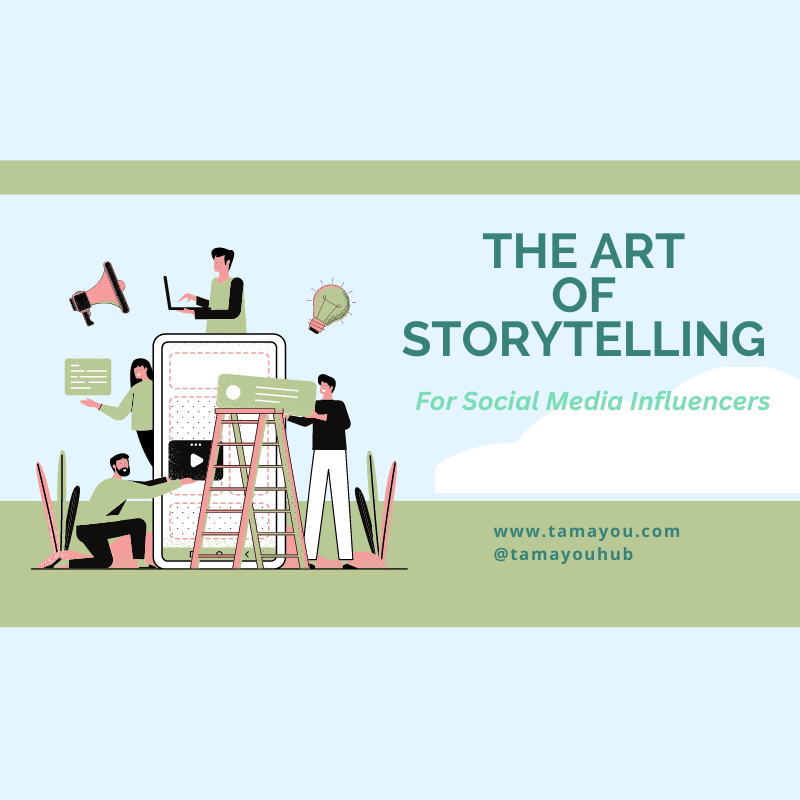Why People Follow and Engage
In the fast-paced world of digital marketing, influencer marketing has emerged as a powerful strategy. It’s not just about promoting products or services; it’s about building genuine connections with an audience. But have you ever wondered why people follow and engage with influencers? What psychological triggers make this marketing approach so effective? In this blog post, we’ll delve deep into the psychology of influencer marketing, exploring the reasons behind the following and engagement phenomena. By understanding these psychological principles, you’ll be better equipped to leverage influencer marketing for your brand’s success.
The Attraction to Authority Figures
Humans are wired to seek guidance from authority figures, and this instinct plays a significant role in influencer marketing. When influencers establish themselves as experts or authorities in a niche, they gain trust and respect from their followers. According to a study by Cialdini et al. (2006), this principle of authority is one of the key factors that drive people to follow influencers. Transitioning from this, let’s explore another psychological aspect.
Social Proof and the Bandwagon Effect
Social proof is a powerful psychological concept that drives individuals to conform to the behavior and opinions of others. When people see that others are following and engaging with an influencer, they are more likely to do the same. This phenomenon, known as the bandwagon effect, is extensively used in influencer marketing campaigns. In fact, a survey conducted by Smith and Baker (2018) found that 78% of consumers trust peer recommendations. This trust extends to influencers who are seen as peers or friends.
The Relatability Factor
Influencers are often relatable individuals who share their daily lives, struggles, and successes with their followers. This relatability creates a sense of familiarity and connection. When people can relate to an influencer, they are more likely to follow and engage with them. It’s a basic human desire to connect with those who seem like us. Research by Berger and Milkman (2012) highlights the importance of emotional sharing and relatability in online content.
The study’s findings reveal that positive content is more likely to achieve virality than negative content. However, the relationship between emotions and the propensity for social transmission is more intricate than merely considering emotional valence. Virality is, in part, attributed to physiological arousal. Content that elicits high-arousal emotions, whether positively (e.g., awe) or negatively (e.g., anger or anxiety), tends to be more viral. Conversely, content inducing low-arousal or deactivating emotions (e.g., sadness) is less likely to go viral.
The Fear of Missing Out (FOMO)
The Fear of Missing Out, or FOMO, is a psychological phenomenon that drives people to engage with influencers and their content. Influencers frequently showcase exclusive experiences, products, or opportunities, creating a sense of urgency among their followers. This fear of missing out on something exciting or valuable compels people to stay engaged and keep up with their favorite influencers. A study in 2013 explored the emotional and psychological effects of FOMO in the digital age.
Reciprocity and the Give-and-Take
Reciprocity is a fundamental principle of social interaction, and it plays a vital role in influencer marketing. When influencers provide valuable content, engage with their audience, and offer exclusive deals or insights, they trigger a sense of reciprocity among their followers. People feel inclined to give back by following, liking, and engaging with the influencer’s content.
Influencer marketing is not just about promotional content; it’s a complex interplay of psychological factors. People follow and engage with influencers because of their perceived authority, the influence of social proof, relatability, FOMO, and the principle of reciprocity. Understanding these psychological triggers is essential for any brand looking to harness the power of influencer marketing effectively.
If you’re a social media influencer looking to take your influence to the next level and establish profitable relationships with brands, join TAMA, the ultimate platform for influencer-brand connections. With TAMA, you’ll gain access to a vast network of reputable brands eager to collaborate with influencers like you. Maximize your storytelling skills and leverage our platform to connect, grow, and monetize your influence. Don’t miss out on this opportunity!




